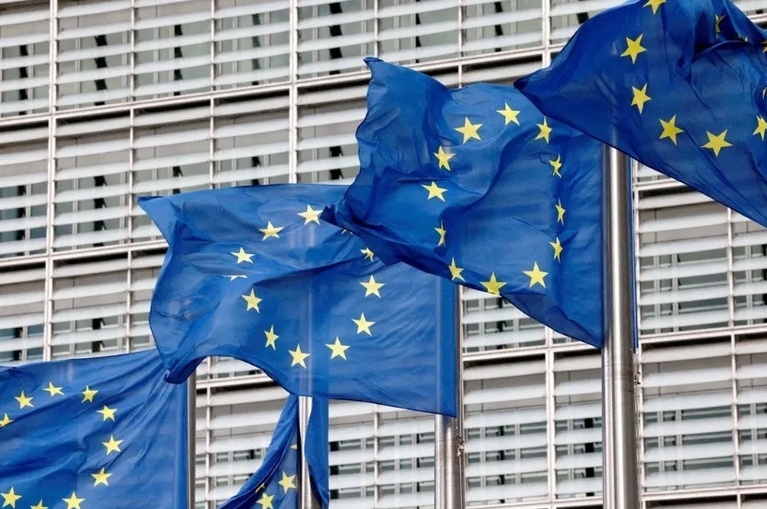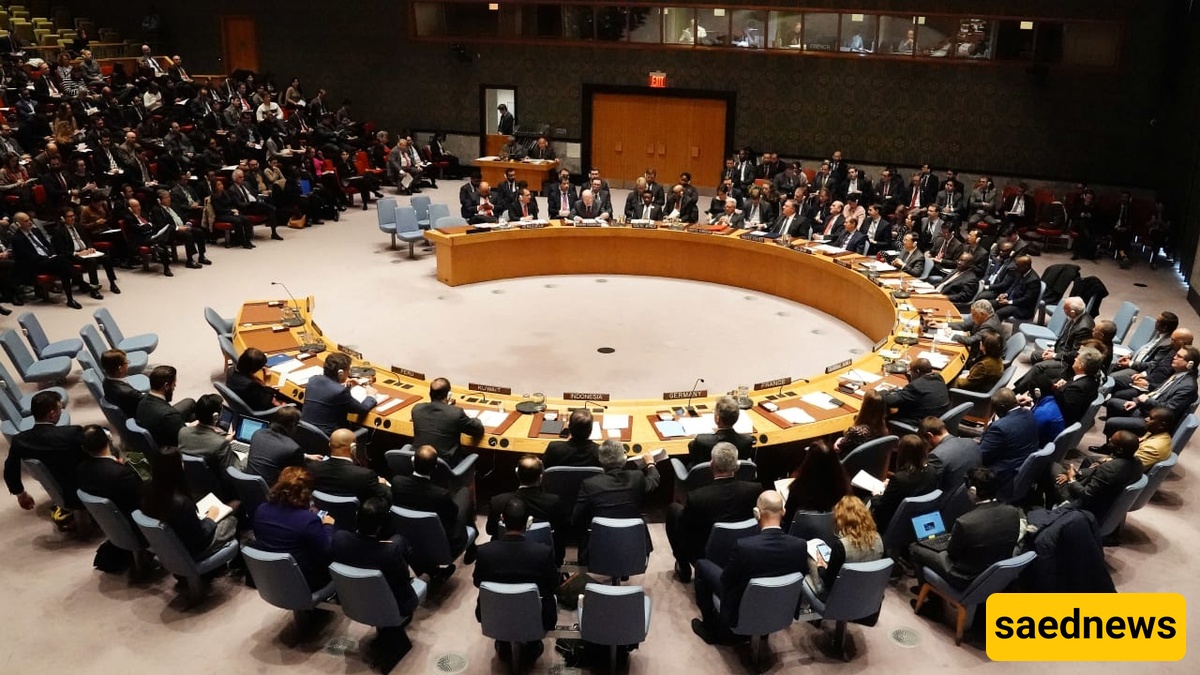SAEDNEWS: The US claims Iran’s nuclear capabilities have been eliminated following June’s strikes, but a US publication warns that reviving UN sanctions could push Iran to leave the NPT and escalate conflict, urging Europe to delay the snapback mechanism to preserve diplomacy.

According to Saed News citing ISNA, Following the aggressive strikes by Israel and the United States on Iran in June, US President Donald Trump asserted that Iran’s nuclear program had been wiped out. However, as reported by the American magazine The American Conservative, Tehran’s nuclear capabilities cannot be easily erased or bombed away.
The magazine introduced the issue by stating that the United States, Iran, and European powers are rapidly moving toward confrontation over the reactivation of six UN Security Council resolutions against Iran, which had been suspended under the 2015 nuclear deal. While France, Germany, and the UK will ultimately decide whether to trigger these resolutions, their decision could determine whether a diplomatic opening remains for Trump’s Iran policy or if the US is set to engage once again in another Middle Eastern war.

Before the fifth round of Iran-US talks in Rome, Deputy Foreign Minister Abbas Araqchi commented on the snapback mechanism, calling its activation a "lose-lose" proposition.
The American publication stated that activating the snapback mechanism "appears to be a lose-lose proposal." If European powers choose not to activate it, they—and the US—may lose the ability to reinstate UN Security Council sanctions on Iran, an outcome they seem eager to avoid. These resolutions, largely deemed unnecessary due to stronger US sanctions, contain key provisions including an "unjustifiable ultimatum" for zero uranium enrichment.
The American Conservative warned that reinstating these resolutions would legitimize Israel’s ongoing and dangerous efforts to eliminate diplomacy as a viable option, making a new chapter of war with Iran inevitable.
The report noted that although European powers have increasingly aligned with US and Israeli pressure on Iran in recent years, their focus on the snapback tool seems more aimed at securing their place in future discussions than steering rapid developments toward their interests.
However, activating snapback would be disastrous for nearly all parties involved—except perhaps hardliners in Tel Aviv who benefit from heightened tensions between the West and Iran. The Islamic Republic has stated it would respond to snapback activation by withdrawing from the Nuclear Non-Proliferation Treaty (NPT), a stance Tehran has taken under multiple administrations and cannot be easily dismissed.
The American magazine highlighted that Iran was bombed despite adhering to the NPT and US confirmations that Tehran had no nuclear weapons program. In contrast, Iran may look to regional undeclared nuclear powers such as Israel—which recently targeted Iran with US support—and North Korea, which exited the NPT years ago after developing nuclear weapons, as better security models. For an Iranian sitting in Tehran and targeted by Israeli missile strikes, compliance with international rules that are unevenly enforced increasingly seems foolish.
The report stressed that Iran’s withdrawal from the NPT is a highly likely result of snapback activation. This would immediately raise alarms in Washington, increasing pressure on Trump to attack Iran again—likely without the previous restraint of ceasefire agreements. Trump may once again find himself on the path he claimed to want to avoid: another endless war in West Asia.
The American Conservative offered its suggested solution for Trump: besides supporting the return of sanctions or letting them lapse, the only viable option appears to be pushing to extend the sanctions snapback deadline to better align with a realistic diplomatic schedule.
If European countries can extract concessions from Iran in the coming weeks, potentially avoiding the reinstatement of UN Security Council sanctions, that would be preferable. For example, Iran might undertake preliminary steps to restore IAEA nuclear monitoring. But even if that is not possible, extending the sanctions deadline remains the best option.
The publication emphasized that there is currently little understanding of the extent of damage to Iran’s nuclear facilities and what remains intact. The loss of IAEA monitoring was the most predictable outcome of the strikes. It is unrealistic to expect Iran to return its large stockpiles of highly enriched uranium to international supervision. All these developments aim to delay sanctions snapback, which Iran has long since outgrown. If sanctions return, Trump should not expect them to coerce Iran into concessions.
Hence, more time is needed. The US and Europeans can agree to extend UN Security Council Resolution 2231 and its key snapback clause for another year or more. This would better synchronize the snapback leverage with a diplomatic process that will likely take some time to unfold. Neither Europe nor the US would lose the snapback tool, while Iran would receive a clear signal that the US does not intend to rush into war, creating a more conducive environment for negotiations.
In closing, the report concluded that this is not a ploy from Trump’s neoconservative elements who believed the war he wisely stopped should have continued. President Trump should be clear that he does not currently want another nuclear crisis with Iran on his desk. It would be better for him to take more time to pursue a new deal at the right moment.

